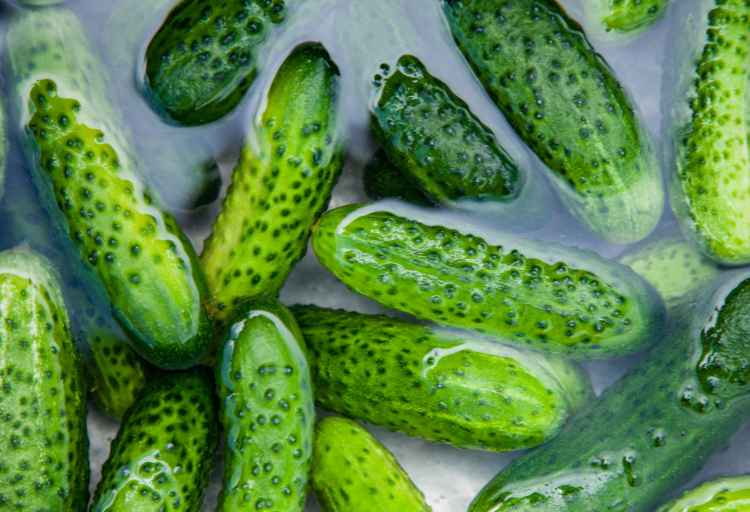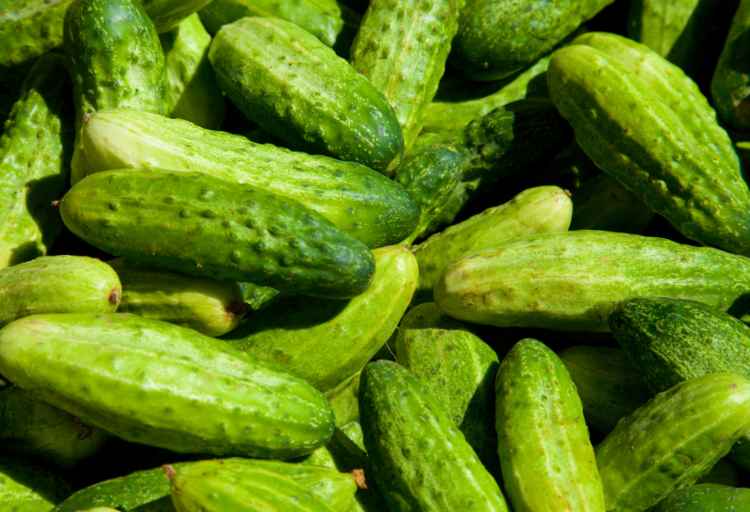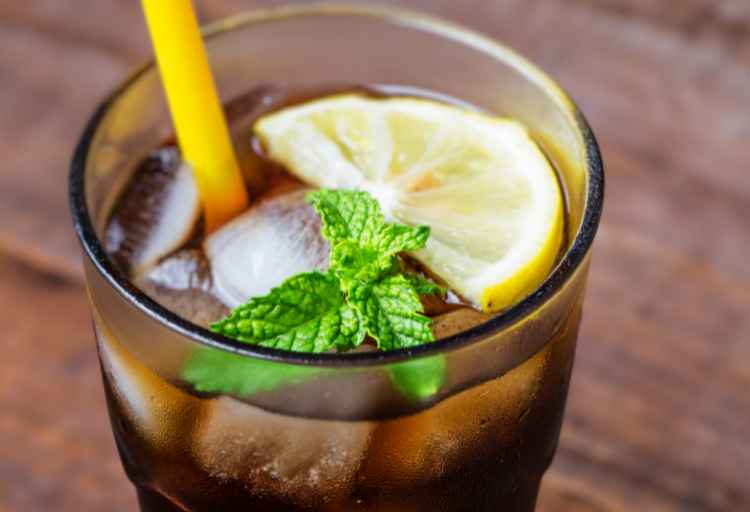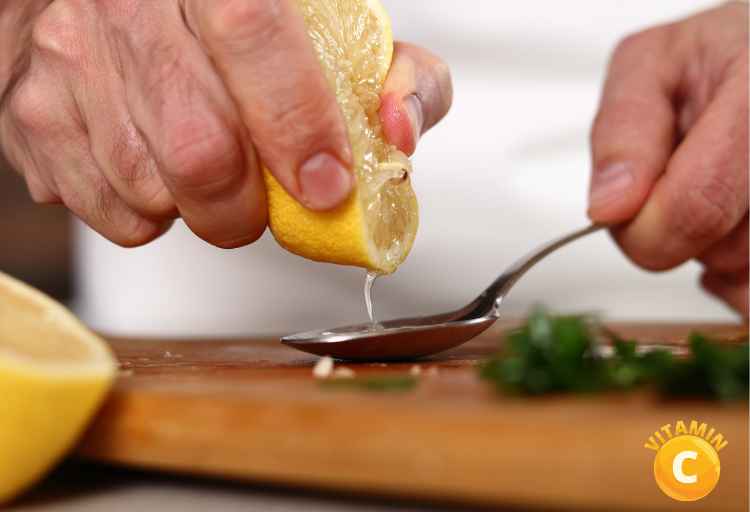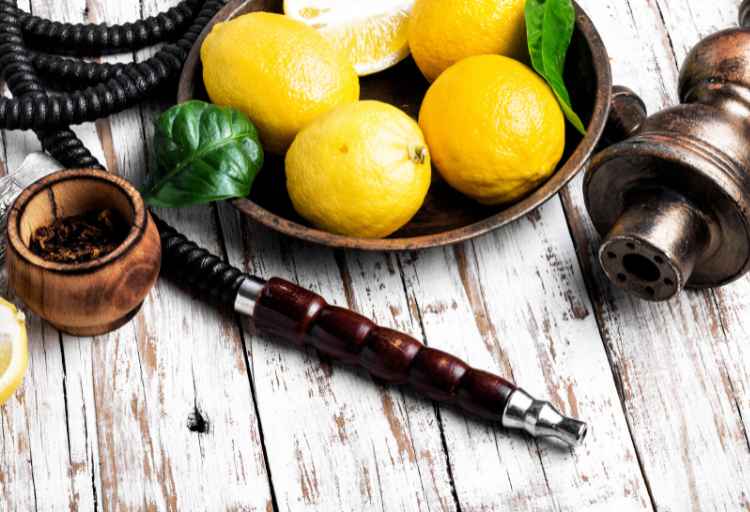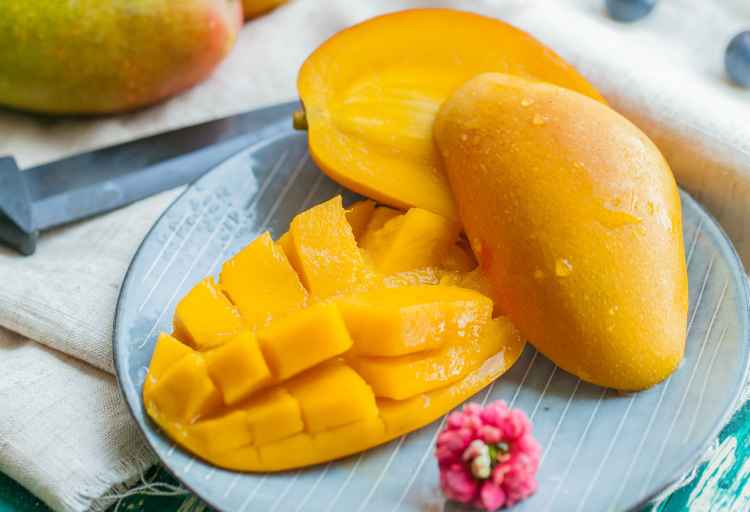Can You Grow Lemons in New York: The Cultivation Challenge
Lemons, with their vibrant color and zesty flavor, are a beloved citrus fruit that has found its way into countless culinary creations and refreshing beverages.
However, lemons are traditionally associated with warm and sunny climates, leading many to question whether it’s possible to cultivate these tangy treasures in a place like New York, where winters can be harsh and growing conditions quite different.
Can you grow lemons in New York? Lemon cultivation in New York presents challenges due to its cold climate. However, with careful strategies like using cold-hardy varieties, container cultivation, and protective structures, growing lemons is feasible, though it requires special care and consideration.
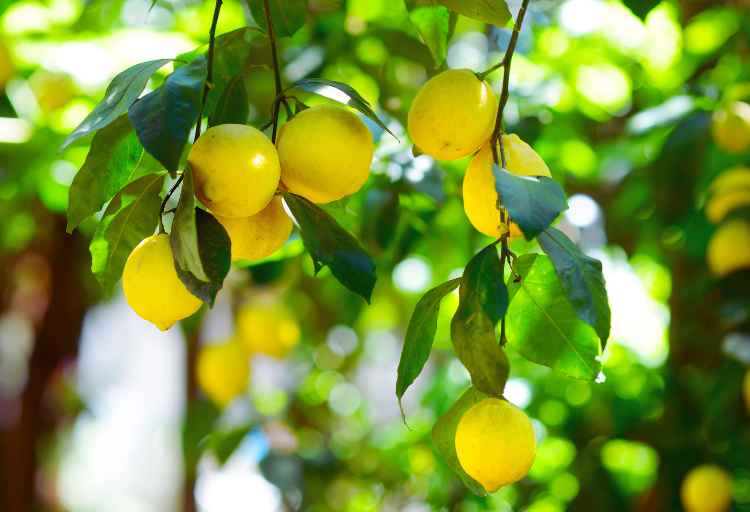
Can you grow lemons in New York?
Understanding Lemon Tree Requirements
Before exploring the possibilities of growing lemons in New York, it’s essential to understand the basic requirements for successful lemon cultivation.
Lemon trees thrive in regions characterized by warm temperatures, abundant sunlight, and well-draining soil.
They typically need at least 8 hours of sunlight daily and prefer temperatures between 70 to 100 degrees Fahrenheit (21 to 37 degrees Celsius).
Additionally, lemon trees are sensitive to frost and cold weather, which can damage or even kill the trees.
Challenges of Growing Lemons in New York
Climate Limitations:
- New York’s climate presents a significant challenge for lemon cultivation. The state experiences cold winters with temperatures often dropping well below freezing. Lemon trees are highly sensitive to frost and cold, and prolonged exposure to such conditions can cause irreversible damage to the trees.
Sunlight Availability:
- Lemon trees require ample sunlight to thrive and produce fruit. New York’s shorter daylight hours and cloud cover during certain seasons might hinder the tree’s ability to receive the required amount of sunlight.
Temperature Extremes:
- Lemon trees prefer a relatively consistent temperature range. New York’s climate can swing from scorching summers to freezing winters, making it challenging to provide the steady warmth that lemon trees need.
Soil Conditions:
- Lemons thrive in well-draining soil with a slightly acidic to neutral pH. New York’s soil composition varies widely across the state, and preparing the right soil conditions for lemon trees might require significant amendments.
Potential Solutions and Strategies
Choosing the Right Varieties:
- While traditional lemon varieties might struggle in New York, there are cold-hardy citrus varieties specifically bred to withstand colder temperatures.
- Varieties like the Meyer lemon and Ponderosa lemon have shown some adaptability to less-than-ideal conditions.
Container Cultivation:
- One effective strategy for growing lemons in colder climates is container cultivation. Lemon trees can be grown in large pots that can be moved indoors during the cold winter months.
- This way, you can create a microclimate that mimics the lemon tree’s preferred conditions.
Greenhouses and High Tunnels:
- Investing in a greenhouse or high tunnel can provide a controlled environment for lemon cultivation.
- These structures help regulate temperature, protect plants from harsh weather, and extend the growing season, increasing the chances of successful lemon cultivation.
Microclimate Creation:
- Creating a microclimate in your garden can involve placing lemon trees near heat-retaining structures like walls or using mulch to insulate the soil.
- This can help buffer the trees from extreme temperature fluctuations.
Supplemental Lighting:
- In regions with limited sunlight, supplementing natural light with artificial grow lights can extend the amount of light lemon trees receive, promoting healthier growth.
Steps to Growing Lemons in New York
Variety Selection:
- Choose cold-hardy lemon varieties like the Meyer lemon, which is better suited to New York’s climate.
Container Preparation:
- If opting for container cultivation, select a large pot with good drainage and use a high-quality potting mix.
Location:
- Place containers or trees in a south-facing location that receives maximum sunlight. Consider using a greenhouse or high tunnel for added protection.
Soil Amendment:
- Ensure well-draining soil with the right pH. Amend the soil with organic matter to improve its texture and drainage.
Careful Watering:
- Lemon trees like consistent moisture but should not be overwatered. Monitor soil moisture and adjust watering accordingly.
Temperature Monitoring:
- Keep a close eye on temperature fluctuations. Move potted trees indoors during winter or provide adequate protection.
Pruning and Fertilizing:
- Prune your lemon trees to encourage proper growth, and fertilize them with a balanced fertilizer during the growing season.
Pest and Disease Management:
- Be vigilant about pests and diseases, and take necessary measures to protect your lemon trees.
Conclusion
While growing lemons in New York presents a set of challenges due to the state’s climate, with the right strategies, dedication, and careful planning, it is possible to enjoy the satisfaction of cultivating these citrus delights even in less-than-tropical conditions.
By choosing cold-hardy varieties, creating microclimates, and utilizing container cultivation or controlled environments like greenhouses, lemon enthusiasts in New York can turn their lemon-growing aspirations into a fruitful reality.
Remember that successful lemon cultivation in New York might require a bit more effort and innovation, but the reward of homegrown lemons will undoubtedly be worth it.
FAQs
Can You Really Grow Lemons in New York’s Climate?
Yes, it’s possible with the right approach. New York’s cold climate poses challenges, but by selecting cold-hardy varieties and using protective measures like greenhouses, successful lemon cultivation can be achieved.
Which Lemon Varieties Are Suitable for New York?
Cold-hardy varieties like the Meyer lemon and Ponderosa lemon are better suited for New York’s climate. They are more adaptable to colder temperatures and can withstand the challenges of the state’s weather.
Can Lemon Trees Survive New York Winters?
Lemon trees are sensitive to frost and cold temperatures. In New York, overwintering techniques like container cultivation, moving trees indoors, or utilizing protective structures can help safeguard lemon trees from harsh winter conditions.
What Are the Benefits of Container Cultivation?
Container cultivation allows for mobility, making it easier to move lemon trees indoors during colder months. It also helps create a controlled microclimate, providing a more suitable environment for lemon trees to thrive.
How Can Greenhouses Aid Lemon Cultivation in New York?
Greenhouses offer a controlled environment with regulated temperatures and protection from harsh weather. They extend the growing season, enabling lemon trees to receive optimal sunlight and warmth, which is crucial for successful cultivation in New York.

